The Maharashtra government has decided to impose curfew in the entire state from Monday (23) midnight, as the fight against coronavirus reached a "turning point".
The state registered a spike of 23 cases in 24 hours, taking the tally to 97, with four deaths.
Chief Minister Uddhav Thackeray said the next few days would be crucial, adding that crowds will not be tolerated in public places and action would be taken against those violating the governments guidelines.
He, however, assured that all essential services will remain open during the time of curfew.
"We will be enforcing curfew in the entire state from Monday midnight. We have come to a turning point in our battle against the COVID-19 outbreak. The next few days would be extremely important. We are also sealing borders of all districts to check the spread of coronavirus," he said.
"We will not tolerate crowd in public places at any cost. Except in case of an emergency, no one will be allowed to roam on streets. If these guidelines are violated, people will face legal action."
All the essential services, medical stores, veterinary doctors and their shops will continue to operate during the curfew.
"The way we clapped yesterday [during Janta Curfew to cheer medical staff and other frontline workers] was, in fact, a siren of warning,” Thackeray said. “We need to observe complete restraint at this moment, or we will regret forever. This is the turning point in our fight against coronavirus."
He also said home quarantine is mandatory as it is the advisory from health experts and government.
"We need to win the battle against coronavirus. The state government is also training anganwadi (state-run women and child care centres) and ASHA (accredited social health activist) workers and home guards as the state would need extra manpower in the fight against COVID-19,” he said.
The chief minister added that he had written to Prime Minister Narendra Modi, requesting him to suspend domestic flight services.
“We will allow only essential services. If we cannot check the coronavirus outbreak at this moment, we may face the fate of some European countries,” he cautioned.
Italy is the hardest-hit European country with 5,476 deaths so far, while the coronavirus has claimed 2,182 lives in Spain.
"The state borders are almost sealed. Supply of food, grains, cereals, milk and medicines will continue from one district to another. No other movement will be allowed," Thackeray said.
He said shops pertaining to agriculture services, like sale and distribution of fertilisers and pesticides, were also open.
"Their movement will also be allowed in this time. This situation will not last long but we need the support of people," Thackeray said.
He said all religious centres, too, will remain closed. "They are not exempted during the curfew time. Priests can go to temples, mosques and churches and perform the rituals, but no mass gathering will be allowed," the chief minister said.
Deputy Chief Minister Ajit Pawar had earlier said the state was forced consider placing a curfew, as "idiots" violating prohibitory provisions in place were creating a threat to the life of others.




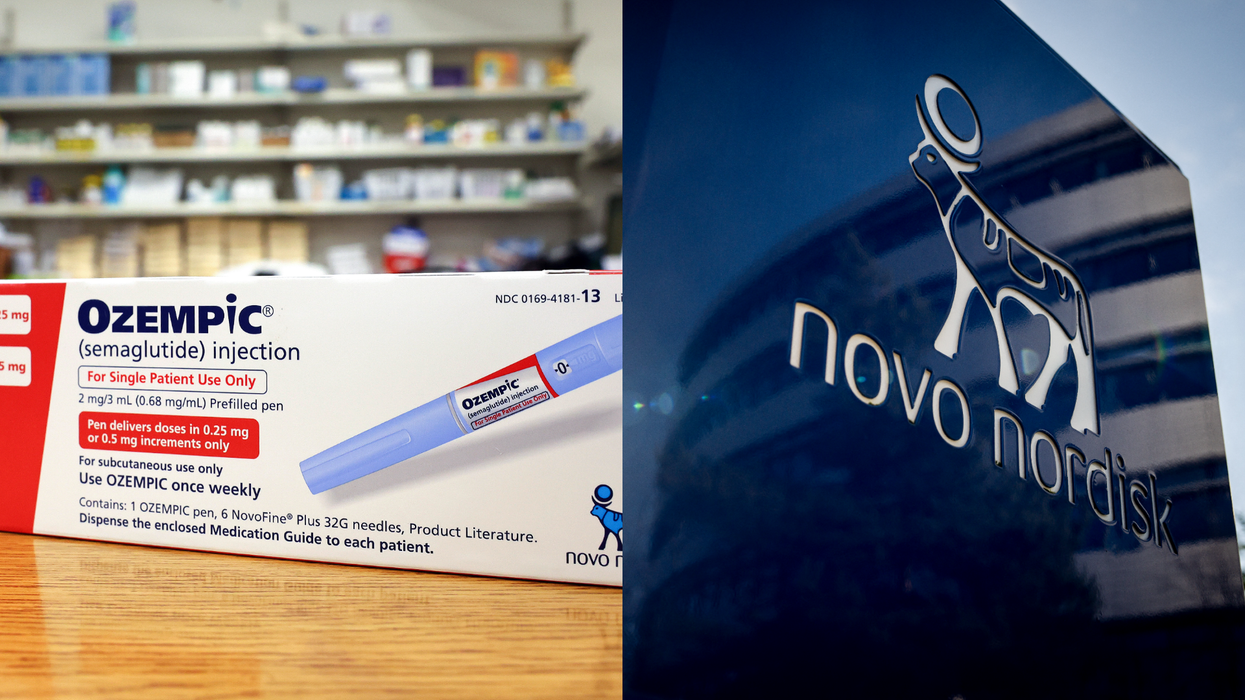
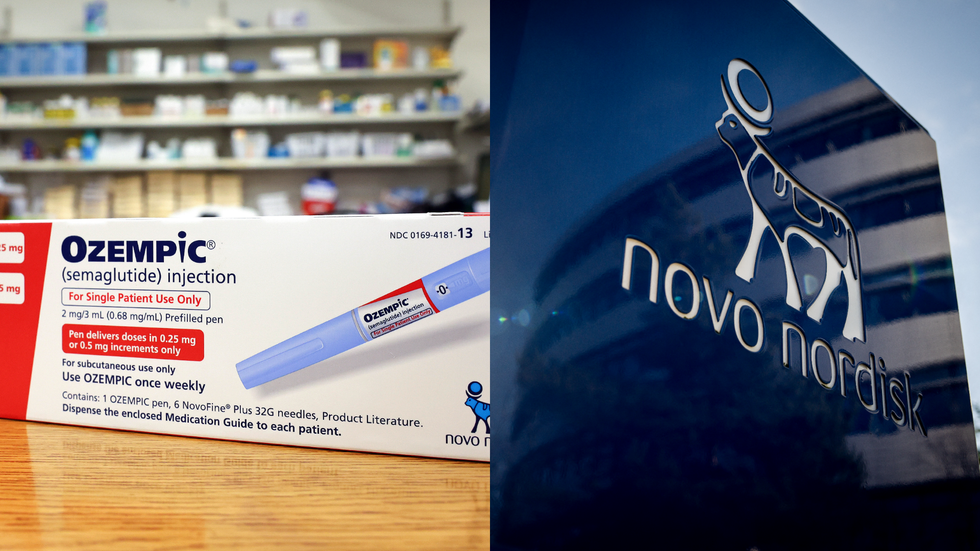 Novo Nordisk launches Ozempic in India as diabetes cases climb Getty Images
Novo Nordisk launches Ozempic in India as diabetes cases climb Getty Images 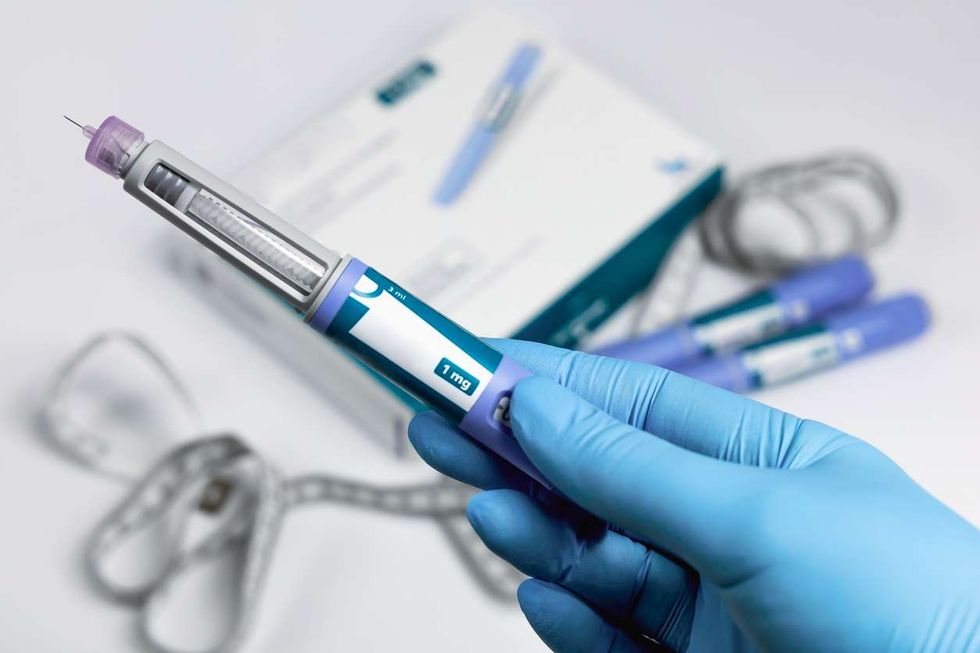 Ozempic weekly pens now available in India for type 2 diabetesiStock
Ozempic weekly pens now available in India for type 2 diabetesiStock 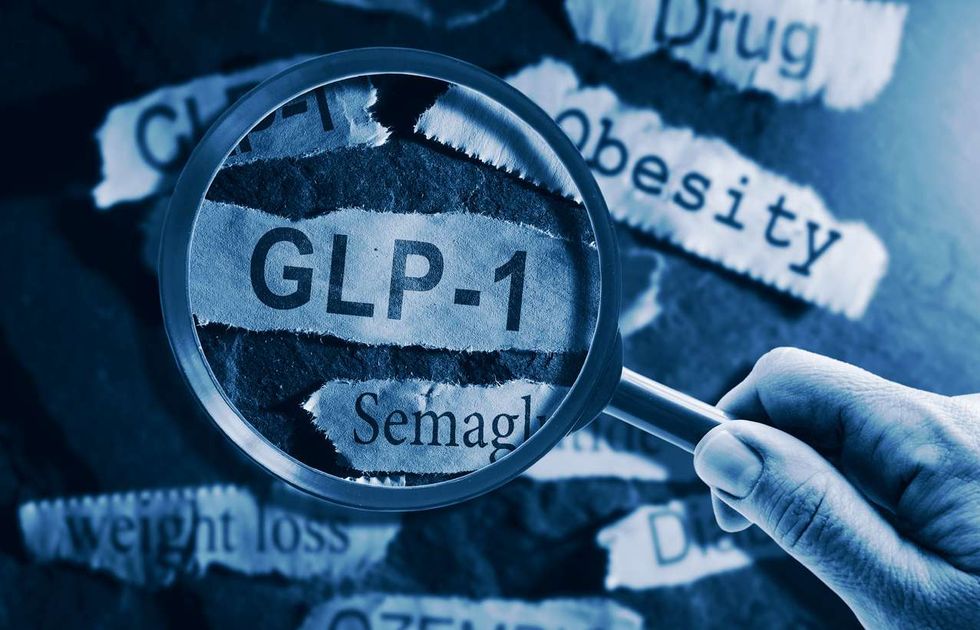 India gets Ozempic as obesity and diabetes numbers riseiStock
India gets Ozempic as obesity and diabetes numbers riseiStock 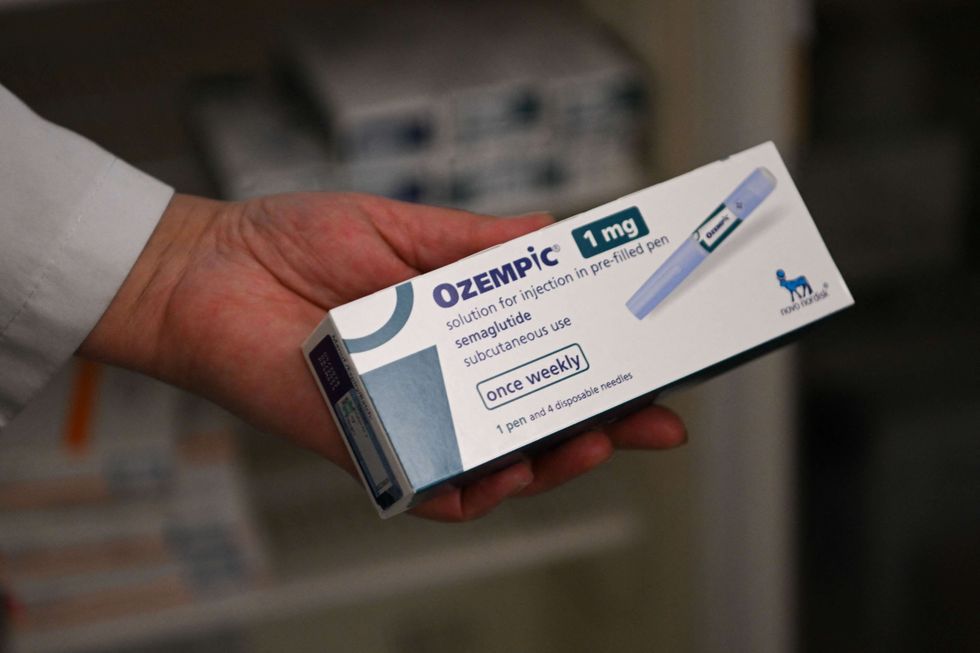 Doctors say Ozempic helps blood sugar and weight management in adultsiStock
Doctors say Ozempic helps blood sugar and weight management in adultsiStock





